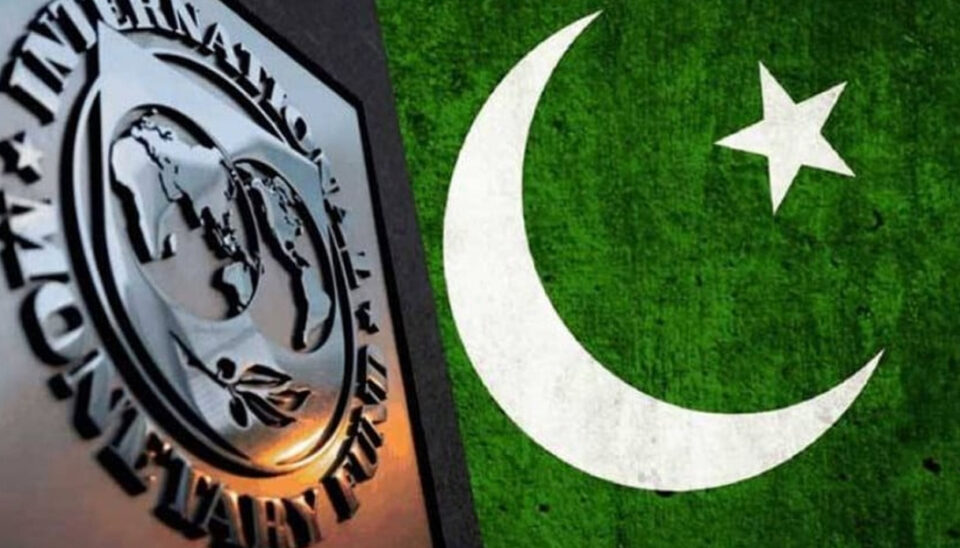Pakistan’s IMF Loan Approval and New Tax Measures: What You Need to Know
Pakistan has announced that it has resolved all outstanding issues with the International Monetary Fund (IMF), paving the way for the approval of a $7 billion loan this month. The agreement, once finalized, will mark the beginning of a 37-month Extended Fund Facility, setting a course for the country’s economic future.
Finance Minister Muhammad Aurangzeb confirmed that the IMF board is scheduled to meet on September 25 to approve the loan package. This follows Pakistan’s recent efforts to secure external financing and a rollover of previous cash deposits and commercial loans.
In conjunction with the loan approval, the Pakistani government is preparing to implement new tax measures aimed at increasing revenue. The new regulations will target existing taxpayers more aggressively after a review revealed that many high-income earners were not adequately declaring their income and assets.
Key Points of the New Tax Measures:
- Restrictions on Asset Purchases: New amendments will prevent taxpayers with declared incomes and cash balances below the cost of new assets from making such purchases. This measure is part of a broader strategy to close the tax gap and increase compliance.
- Focus on Existing Filers: The government is shifting its focus to the approximately six million income tax filers. Many of these filers have under-declared their assets. The aim is to ensure that those already in the tax system contribute more fairly.
- Tightening Tax Compliance: The government plans to enhance tax collection by pre-populating tax returns for federal and provincial employees and targeting business individuals who are perceived to be under-reporting their income.
- Additional Proposals: There are proposals to restrict non-filers from investing in mutual funds, the stock market, and purchasing properties. However, the implementation of these proposals will depend on further consultations and pressures from various stakeholders.
Economic Context:
Despite Pakistan’s efforts to increase tax revenue, the country faces challenges with its tax base, which remains narrow. The new measures are designed to address these issues by tightening the noose around existing taxpayers and ensuring better compliance.
As the government moves forward with these initiatives, it is also contending with the economic impact of the IMF deal and the need for a sustainable approach to tax reform.

